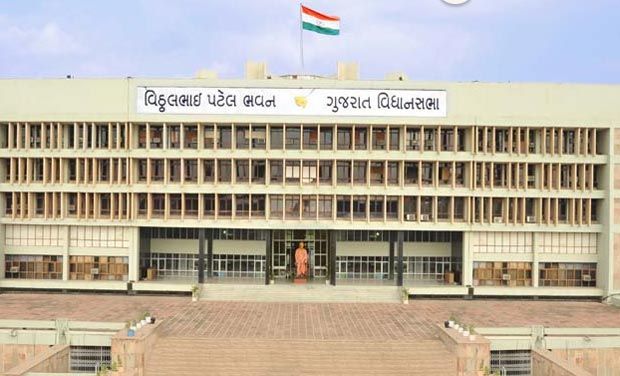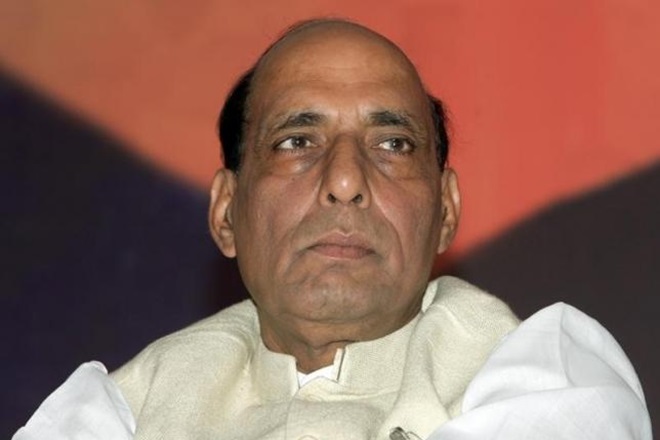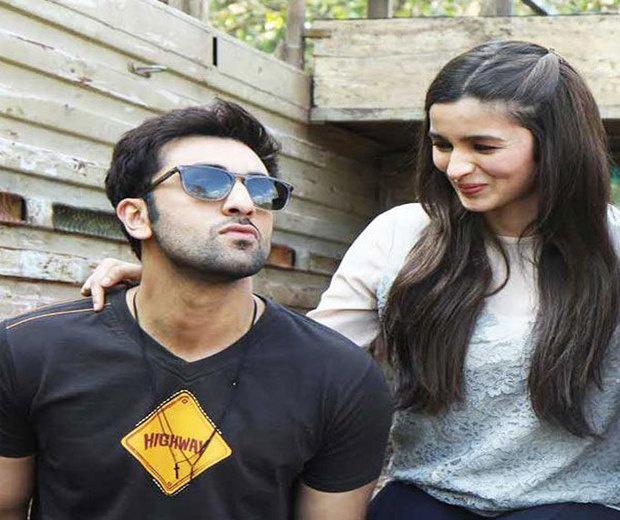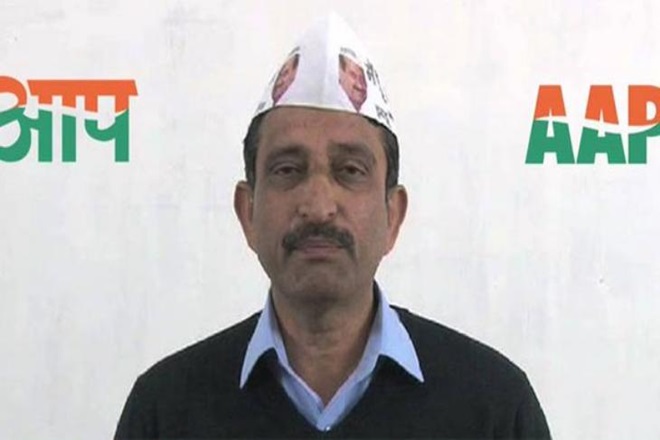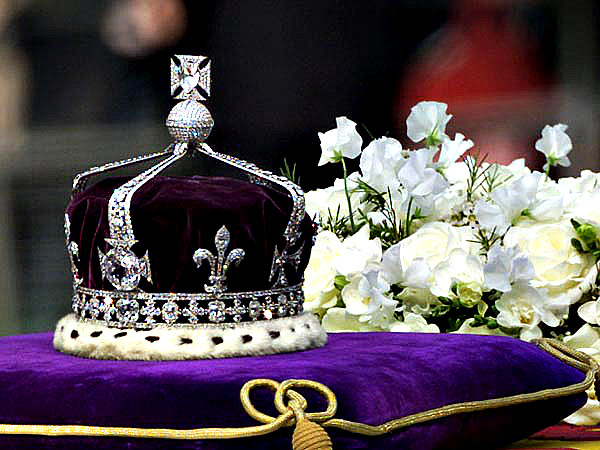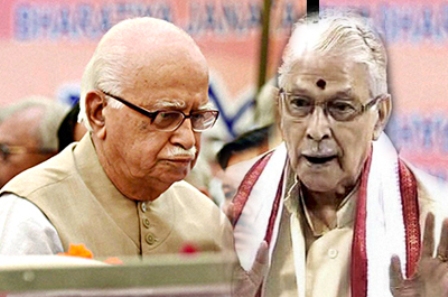The Gujarat Control of Terrorism and Organised Crime (GCTOC) Bill 2015 was approved by a majority vote amid stiff resistance from Opposition Congress, which walked out of the House over its controversial provisions of the legislation saying they are "unconstitutional and insult to the chair of President". Among the controversial provisions is admissibility of confession made before police officer as evidence and extension of the timeframe from stipulated 90 days to six months for filing of a charge sheet, during which the accused cannot obtain bail on personal bond. After failing to get presidential assent for the Gujarat Control of Organised Crime (GUJCOC) Bill thrice since 2004 when Narendra Modi was the Chief Minister, the Gujarat government re-introduced the bill by renaming it but has retained the controversial measures. The bill was also sent back by Kalam's successor Pratibha Patil in 2008. It was passed once again by the state assembly in 2009 and has since been awaiting the approval of President. The renamed bill was introduced in the Assembly by the minister of state for Home Rajnikant Patel. Congress leaders Shankarsinh Vaghela and Shaktisinh Gohil demanded the provisions be dropped as per the suggestions made
by past presidents while rejecting the bill. Gohil said some of the provisions are "unconstitutional" and that the legislation is an "insult to the chair of President because they had rejected the bill earlier". "They (BJP) can pass this law as they have majority, but the (new) Act itself is against the provisions of existing laws (Indian Penal Code and Criminal Procedure Code). They are doing it for their vote bank politics," he said in his address. "If sections of this Act (GUJCTOC) are challenged before the high court (of Gujarat), they will be declared ultra vires within minutes," he said. However, the government justified retaining of the provisions, saying they are needed to curb the menace of organised crime.







